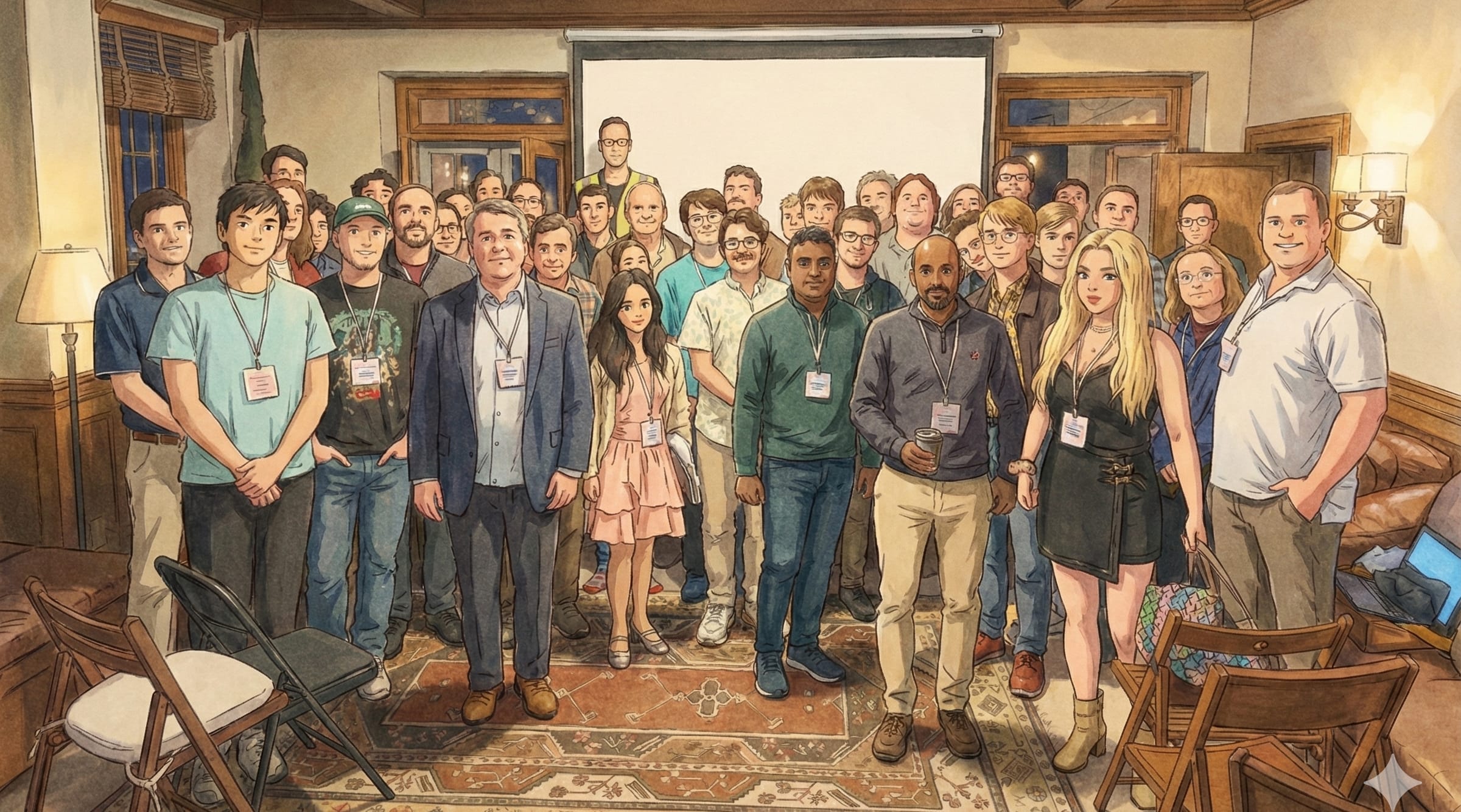The Milton Friedman Model of Policy Change
One-line summary: Most policy change outside a prior Overton Window comes about by policy advocates skillfully exploiting a crisis. In the last year or so, I’ve had dozens of conversations about the DC policy community. People unfamiliar with this community often share a flawed assumption, that reaching policymakers and having a fair opportunity to convince them of your ideas is difficult. As “we”[1] have taken more of an interest in public policy, and politics has taken more of an interest in us, I think it’s important to get the building blocks right. Policymakers are much easier to reach than most people think. You can just schedule meetings with congressional staff, without deep credentials.[2] Meeting with the members themselves is not much harder. Executive Branch agencies have a bit more of a moat, but still openly solicit public feedback.[3] These discussions will often go well. By now policymakers at every level have been introduced to our arguments, many seem to agree in principle… and nothing seems to happen. Those from outside DC worry they haven’t met the right people, they haven’t gotten the right kind of “yes”, or that there’s some lobbyists working at cross purposes from the shadows. That isn’t it at all. Policymakers are mostly waiting for an opening, a crisis, when the issue will naturally come up. They often believe that pushing before then is pointless, and reasonably fear that trying anyway can be counterproductive. A Model of Policy Change > “There is enormous inertia — a tyranny of the status quo — in private and especially governmental arrangements. Only a crisis — actual or perceived — produces real change. When that crisis occurs, the actions that are taken depend on the ideas that are lying around. That, I believe, is our basic function: to develop alternatives to existing policies, to keep them alive and available until the politically impossible becomes politically inevitable.”[4] > > —Milton Friedman That quote is the cleares
